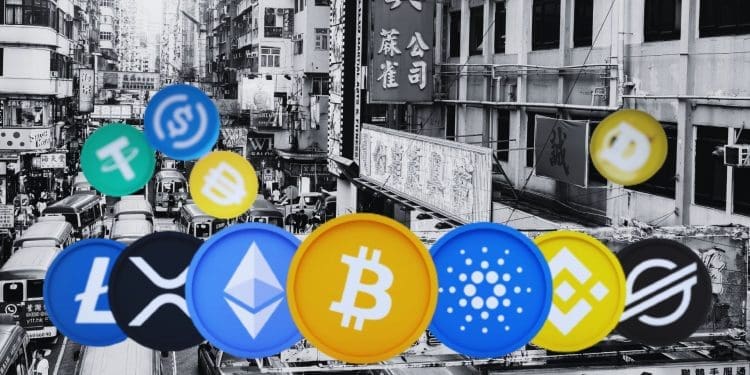- The Securities and Futures Commission (SFC) of Hong Kong has issued new guidance on tokenizing securities as Hong Kong seeks to become a digital asset hub in Asia.
- Tokenized securities must follow existing laws and regulations for traditional securities like requirements for offerings and intermediary conduct.
- Licensed virtual asset trading platforms need an SFC-approved compensation fund to cover potential losses of security tokens, though some tokens may be excluded on a case-by-case basis.
The Securities and Futures Commission (SFC) of Hong Kong has issued new guidance on the tokenization of securities as the city positions itself as a hub for digital assets in Asia. The circulars provide oversight for intermediaries engaging in tokenized securities activities and outline requirements for tokenizing SFC-authorized investment products.
Requirements for Tokenized Securities
The SFC views tokenized securities as traditional securities with a tokenization wrapper. Existing legal and regulatory frameworks that govern traditional securities continue to apply. Offerings must follow prospectus requirements and intermediaries must adhere to conduct requirements for securities activities.
Requirements for Virtual Asset Trading Platforms
Licensed platforms must establish an SFC-approved compensation fund to cover potential losses of security tokens. The SFC may exclude certain tokens on a case-by-case basis if the platform demonstrates effective risk mitigation.
Growing Interest in Tokenization
The SFC has observed growing interest in tokenizing traditional financial instruments. It has assessed proposals for both primary issuance and secondary trading of tokenized products. While recognizing the potential benefits of efficiency and transparency, the SFC is also aware of new risks from applying this technology.
Conclusion
As a leading Asian financial center, Hong Kong is actively exploring the tokenization of securities to increase capital market efficiency. With its latest guidance, the SFC aims to facilitate innovation in digital assets while ensuring investor protection.














